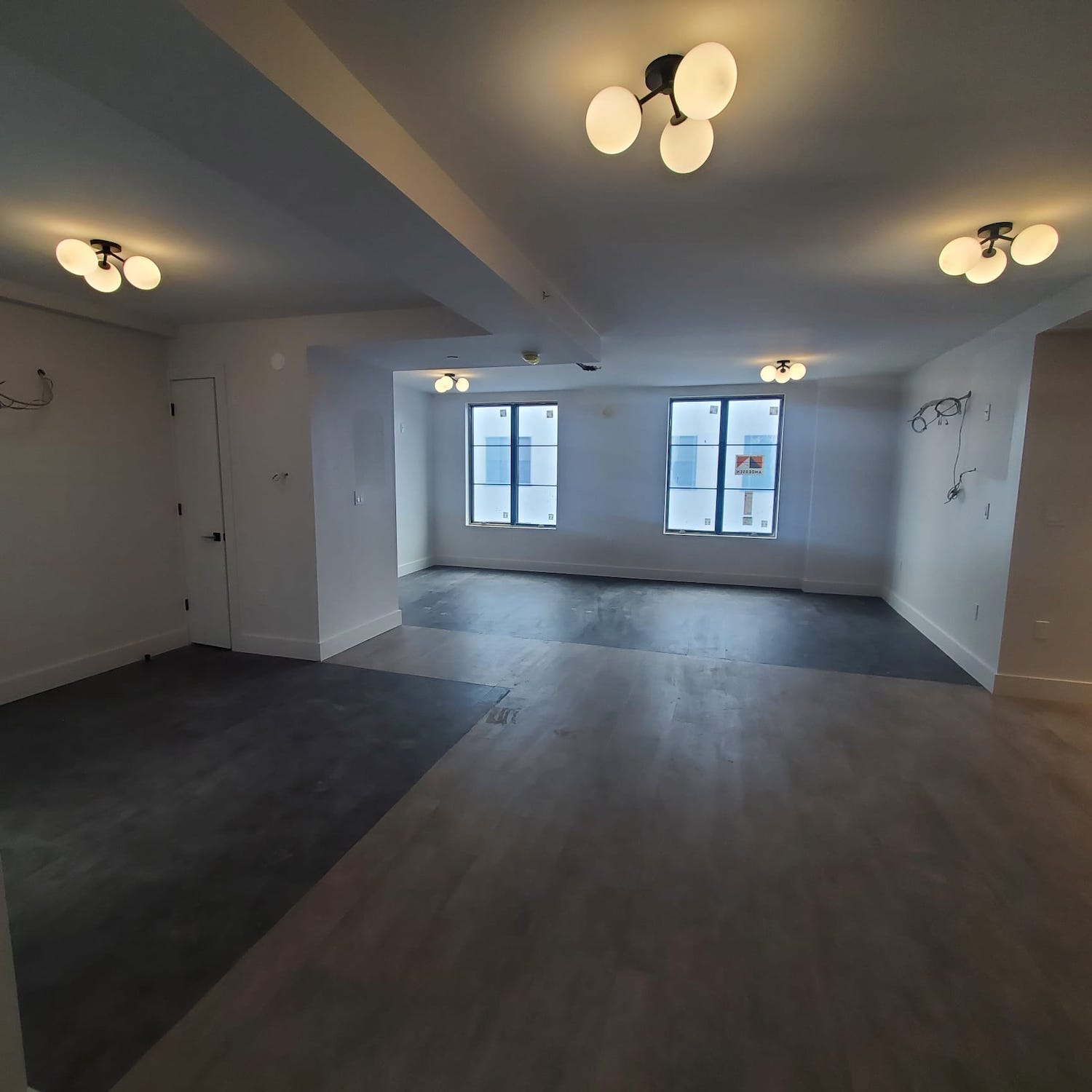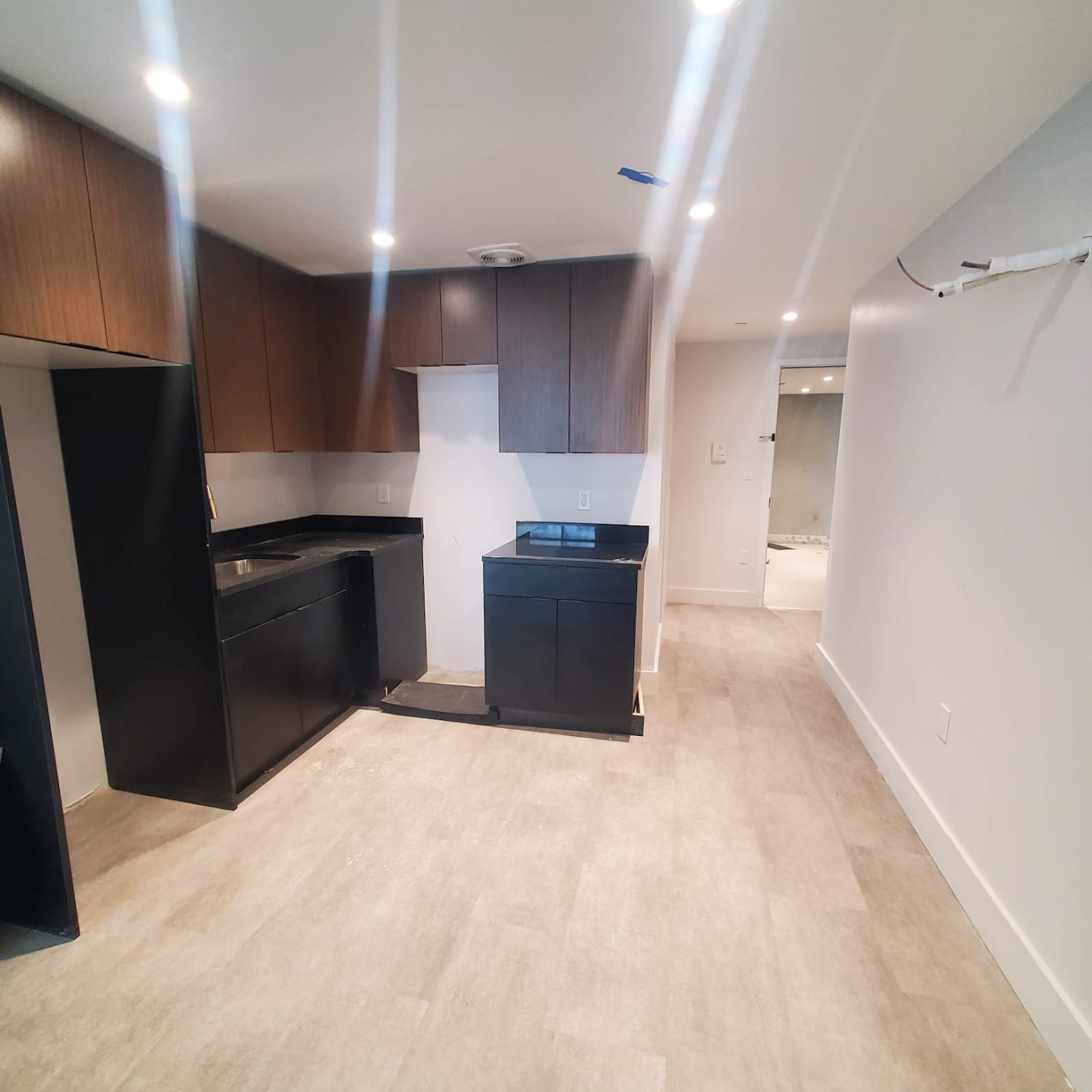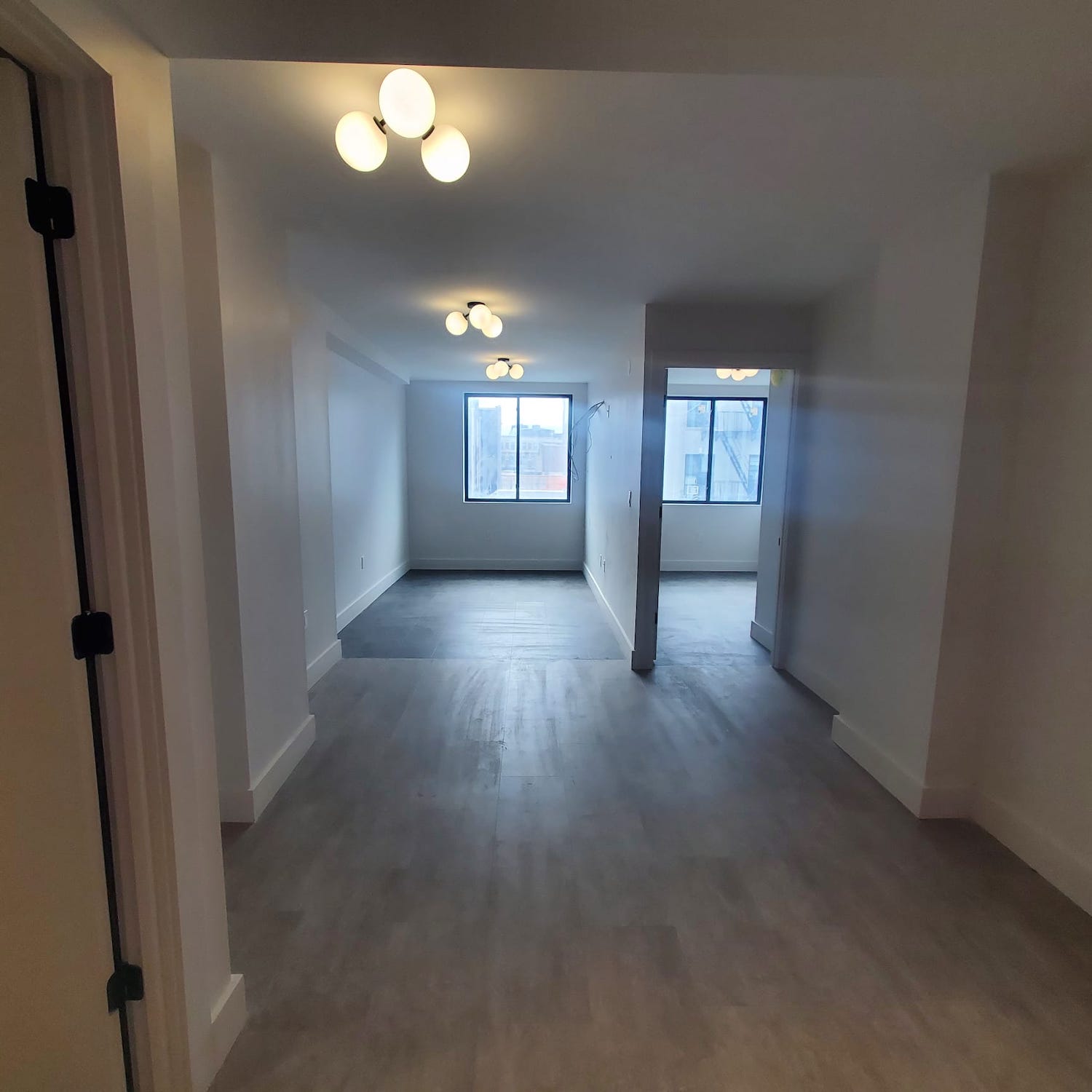SBA, American Tower, and Crown Castle agree to expand safety protocols, training programs, and reporting methods to protect tower workers
New York City Comptroller Brad Lander, on behalf of the five New York City pension funds, successfully negotiated agreements with SBA Communications Corporation (SBA), American Tower Corporation (American Tower), and Crown Castle—leaders in telecommunications infrastructure—to enhance their disclosures concerning worker safety at communications tower sites.
“From dizzying heights to challenging weather conditions, tower workers risk their lives every day to keep us connected,” said Comptroller Brad Lander. “Detailed safety protocols and reporting mechanisms are necessary to ensure that companies swiftly address potential hazards. I am happy to report that SBA, American Tower, and Crown Castle will provide greater transparency and accountability concerning tower climber safety, reflecting investor expectations that these companies provide a safe working environment for all workers at their sites.”
SBA has committed to expand its disclosure to clarify how health and safety policies apply to contractors and subcontractors working on SBA tower sites. As a part of this disclosure, SBA will include its training and certification standards for contractors and subcontractors, as well as detail its third-party verification process and how its internal on-site audits supplement its verification process. The disclosure will also include safety statistics for both employee tower climbers and contractor/subcontractor tower climbers, a description of other safety initiatives, and a reporting mechanism that workers on its sites may use to report safety concerns.
American Tower will expand its disclosure to clarify how regulatory requirements and health and safety policies apply to contractors and subcontractors working at its sites, and the training and certification standard requirements. This disclosure will detail the prerequisites for contractors and subcontractors engaged by the company, the inspection and audits American Tower conducts to verify compliance with safety standards, and other safety initiatives, including third-party audits. In addition to its current reporting concerning employees, the company will now report contractor health and safety information. The company’s disclosures will also describe compliance procedures to ensure vendor adherence with regulatory and qualification requirements (prior to workers entering its tower sites), its ongoing maintenance and safety program to ensure a safe working environment, a review of safety incidents, and reporting mechanisms available to workers on its sites.
Crown Castle also agreed to expand its disclosure with respect to contractors and subcontractors working on its sites. Among other things, the disclosure will include a description of mandatory notification that technician services are to be performed at a company site, as well as qualification and registration requirements, safety team audits and inspections, and a worker reporting mechanism for safety concerns. Crown Castle’s disclosure will also include safety statistics for all tower technicians, including contractors and subcontractors on its sites.
As of February 29, 2024, the five pension funds have holdings valued at $34.4 million at SBA, $120.9 million at American Tower, $67.8 million at Crown Castle.

















